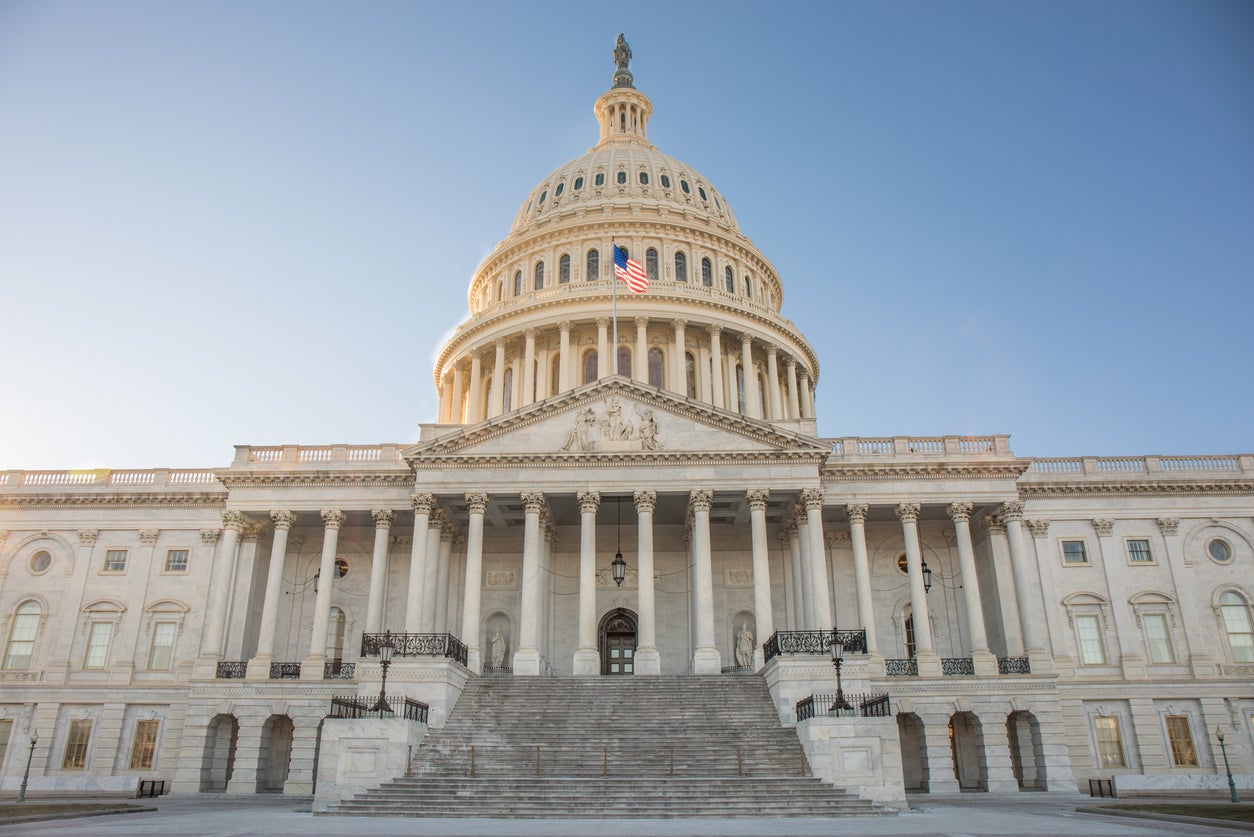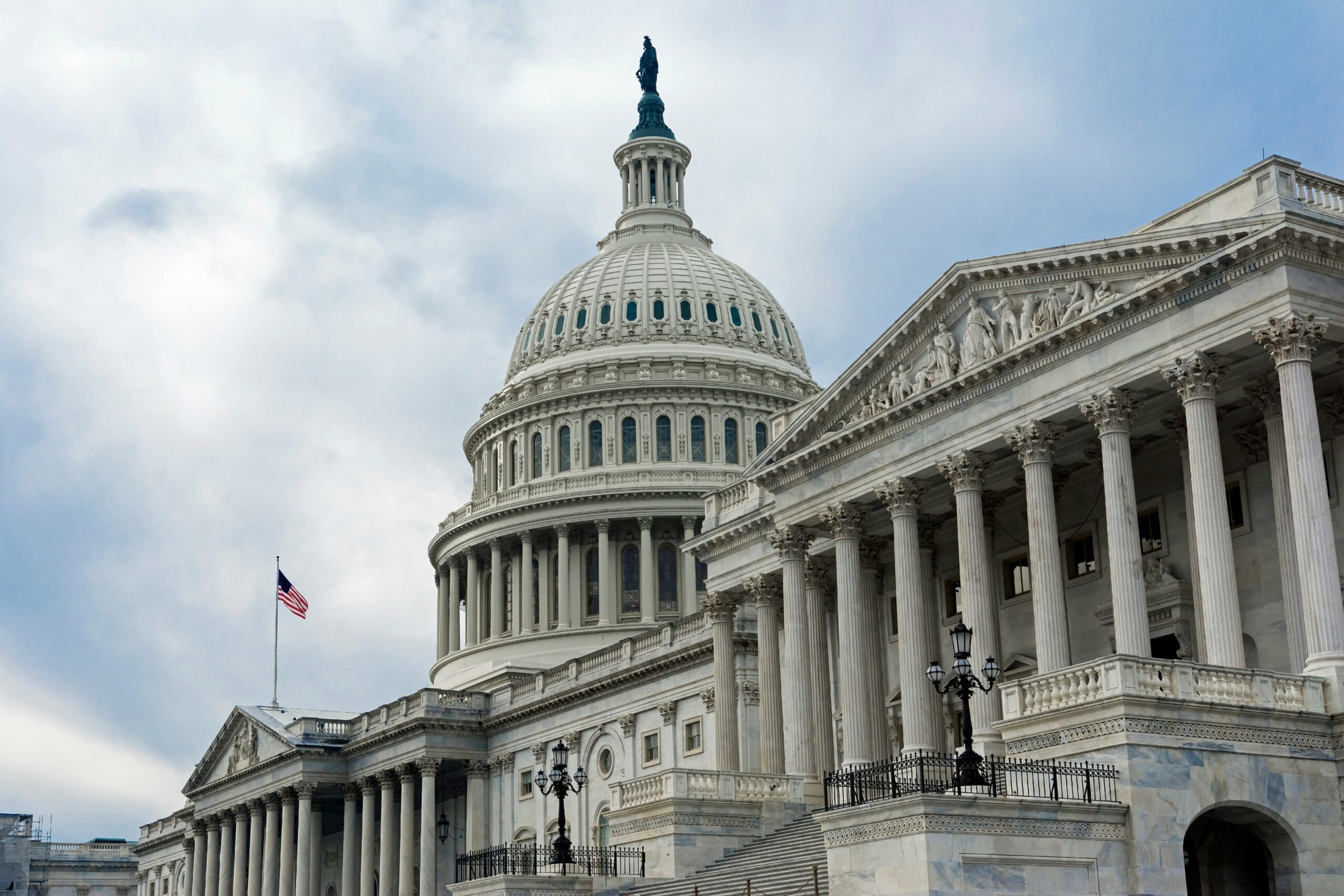Joint Trades Letter for Senate Judiciary Hearing on Interchange Rates

Dear Chairman Durbin and Ranking Member Grassley,
We are writing to express our strong opposition to any expansion of the Durbin Amendment through either antitrust or any other body of law. The Durbin Amendment, passed as part of the Dodd-Frank Wall Street Reform and Consumer Protection Act, imposed a cap on interchange fees for covered banks and credit unions, defined as those with assets of more than $10 billion. Most, though not all, community banks and credit unions fall below this threshold. However, even for banks and credit unions below the $10 billion threshold, the Durbin Amendment forbid exclusivity arrangements and routing restrictions, imposed limitations on restrictions on offering discounts for the use of a form of payment, and imposed limitations on restrictions on setting transaction minimums or maximums. Though the restrictions for “exempt” issuers are not explicit price controls, they have the same practical effect.
Support for any legislation on this topic would undermine the overall health and security of the U.S. payments ecosystem and have significant negative implications for consumers and small businesses at a time when the U.S. economy is just starting to recover from a global pandemic.
Last June, organizations representing large retailers called for the failed Durbin Amendment on debit cards to be extended to credit cards. While positioned as a way to increase competition in the payments space, this is a clear attempt to secure yet another windfall for the largest multinational retailers and e-commerce giants at the expense of the security of the payments ecosystem and the financial health of everyday Americans. Already, the COVID-19 pandemic and resulting regulations created a $250 billion wealth transfer from small businesses to big-box retailers—and an expansion of the Durbin Amendment would only further widen that gap.
Not only would this be harmful public policy, but the merchant lobby is choosing to ignore the fundamental differences between debit cards and credit cards, which operate completely differently. For the reasons discussed below, we call on Congress to reject this special interest giveaway.
Competition and innovation in payments are thriving
Legislation in this space is unnecessary because the payments industry is more competitive than ever, with new players entering all the time, giving consumers and merchants a range of options. For example, retailers have rushed to offer Buy Now Pay Later (BNPL) products for which they pay substantially more (as much as 6 percent) than for payment cards2. The free market is working, and suggestions that government intervention is needed do not stand up to scrutiny.
The fundamental difference of credit
Credit cards represent an extension of unsecured credit to a consumer, meaning that financial institutions make a loan to a consumer every time a credit card is used to purchase goods or services from a retailer or merchant. The consumer then has the option to pay the credit card balance off when a bill is received or to make payments subject to the terms of the agreement and a plethora of federal lending regulations. Although many view debit and credit cards as virtually indistinguishable, they are very different products utilizing different networks. A credit card allows for instant access to a loan and does so over a network that was singularly developed for this purpose. Consumers have come to rely on credit cards from their community financial institutions to build credit and gain access to funds that otherwise may not be available to them. Expansion of the Durbin Amendment to the credit market will cause the cost of these low-cost loans to increase, leading to less spending power for consumers and possibly the reduction in important credit building and educational programs offered by financial institutions.
To read full comment letter, click here.



